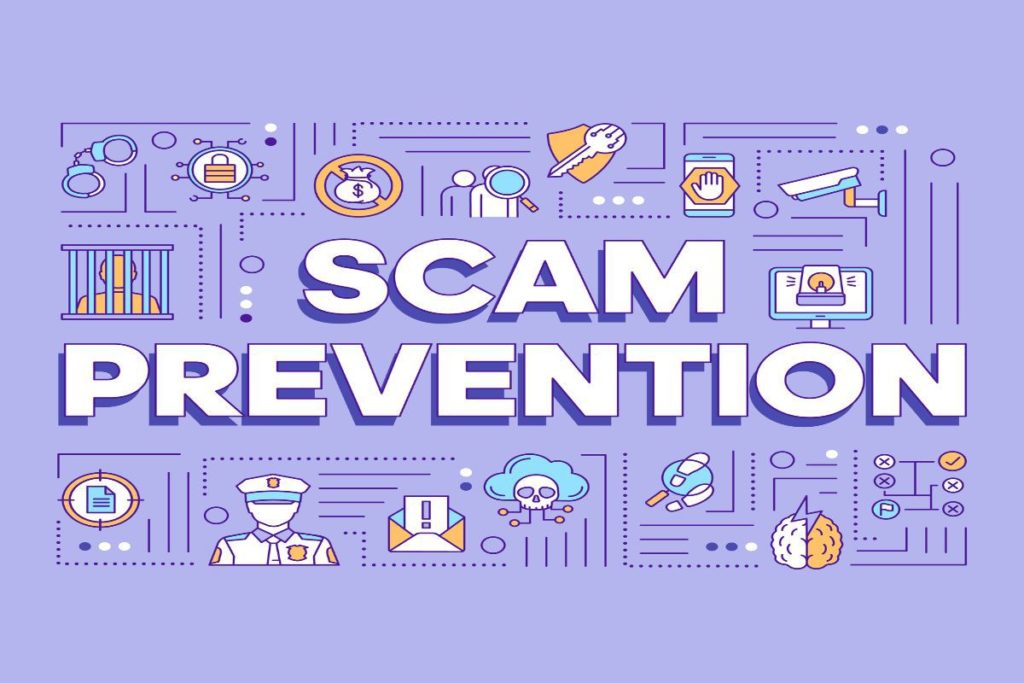With the advent of technology, there’s a lot more to be aware of when It comes to probate scams. This blog serves as a briefer on how probate scammers get ahold of your information, how they try to extract more information from you, and what common probate scams look like today.
When do probate scams happen?
The scammers have gotten smarter as our technology has gotten smarter. Most of us remember the scam email from a “Nigerian prince” asking for a bank account in which he could put his fortune. In those days, if you could avoid sending your money to a Nigerian prince, you were safe. Not so much anymore.
Probate cases are public record, which is how the scammers get your information. Scammers often use robots or computers to comb through these public records.
For probate, these proceedings are available in the public court records for anyone to access. There is a treasure trove of easy information for these scammers to get ahold of now that all the information about an estate is online.
Here’s what to look out for:
Phone calls and letters are still the two big mediums for probate scams. The phone call usually has someone on the other end of the line pretending to be a debt collector, the IRS, the county, or real estate investors. It’s always urgent– they need money or personal information immediately. The best course of action is to hang up and do a separate search of the organization the caller claims to be working for. Either online or on the phone, you can find out whether the first correspondence was a scam or not.
Unless you are 100% sure it is a legitimate ask, do not give out personal information when the other person has initiated the contact. Google has made it supremely easy to look up information about a company and contact information. Once you reach out via an official company website, you will know you are most likely communicating with the real company. (Still be careful though as websites are very easy to construct now too!)
Another important thing to know is that once someone is deceased, their social security number becomes obsolete. Scammers take advantage of this fact by posing as a bank or other account provider that needs information on your loved one immediately. Scammers will often ask for an EIN or tax ID from the IRS (a substitute for a social security number). These websites look super legitimate, so be vigilant when online and make sure you are on an official government website, usually ending in “.gov” and not “.com” like a scammer.
If you’re aware of the debt your loved one was in, talk to your attorney about the best course of action. One possibility is that you can call the credit card company and let them know that your loved one has passed away and the company will freeze the account. The concern here is for the credit card balance and the danger of a scammer getting ahold of the credit card information. Once the credit card account has been frozen, the scammer will not be permitted to use the card.
Debt collection scams are also prevalent when dealing with probate. Usually, a phone call or letter will claim that if you don’t pay your loved one’s debt in x amount of days, they will file a lawsuit. The family members are not personally responsible for the debts of the deceased person. These collection agencies (even legitimate ones) will usually try to get a family member to pay up.
Learn About Probate Scams, Pitfalls & How to Navigate the Probate Process
If you’re interested in learning more, we invite you to attend our free probate workshop. We will answer commonly asked questions and teach you how to avoid other pitfalls. The workshop is available “on demand” and covers some of the key areas where people make mistakes. If a loved one has recently died, and you need answers about how to proceed, please contact us so we can help. We offer a complimentary consultation for families trying to navigate probate.




